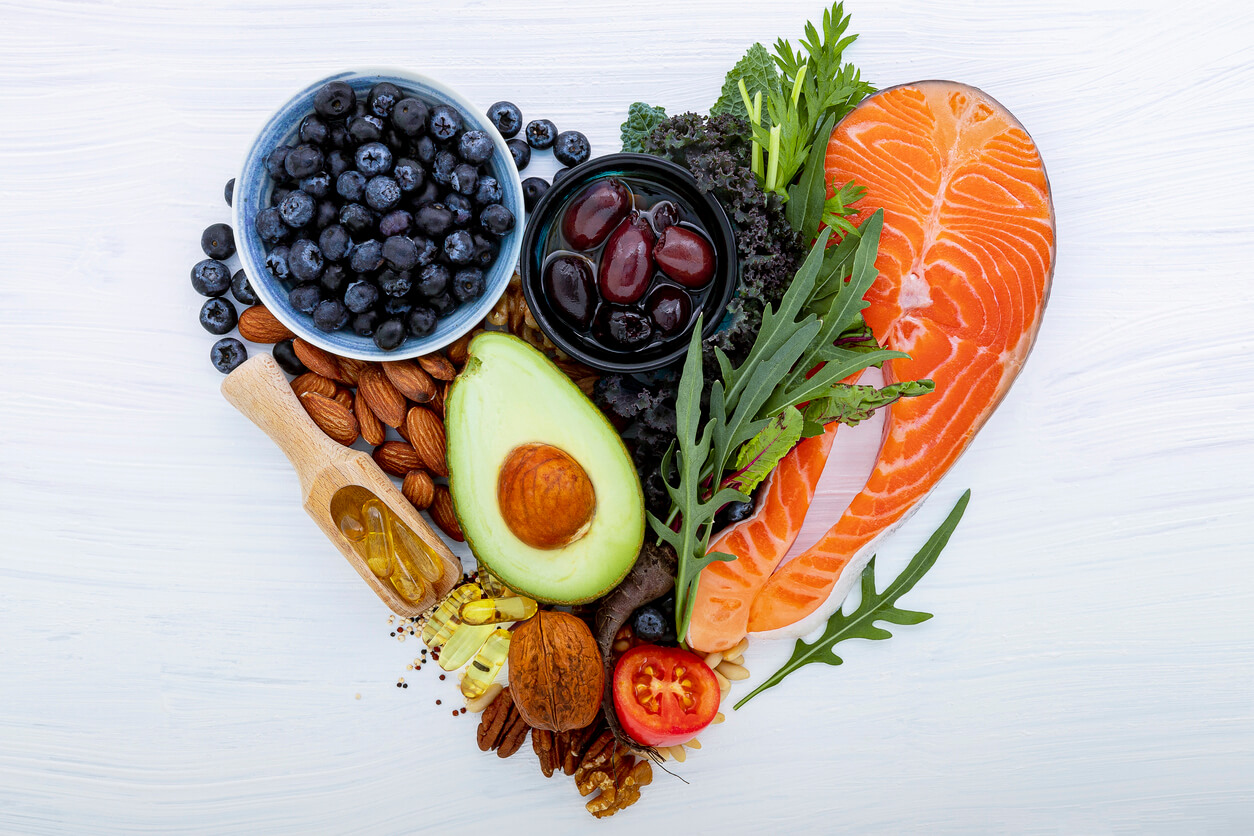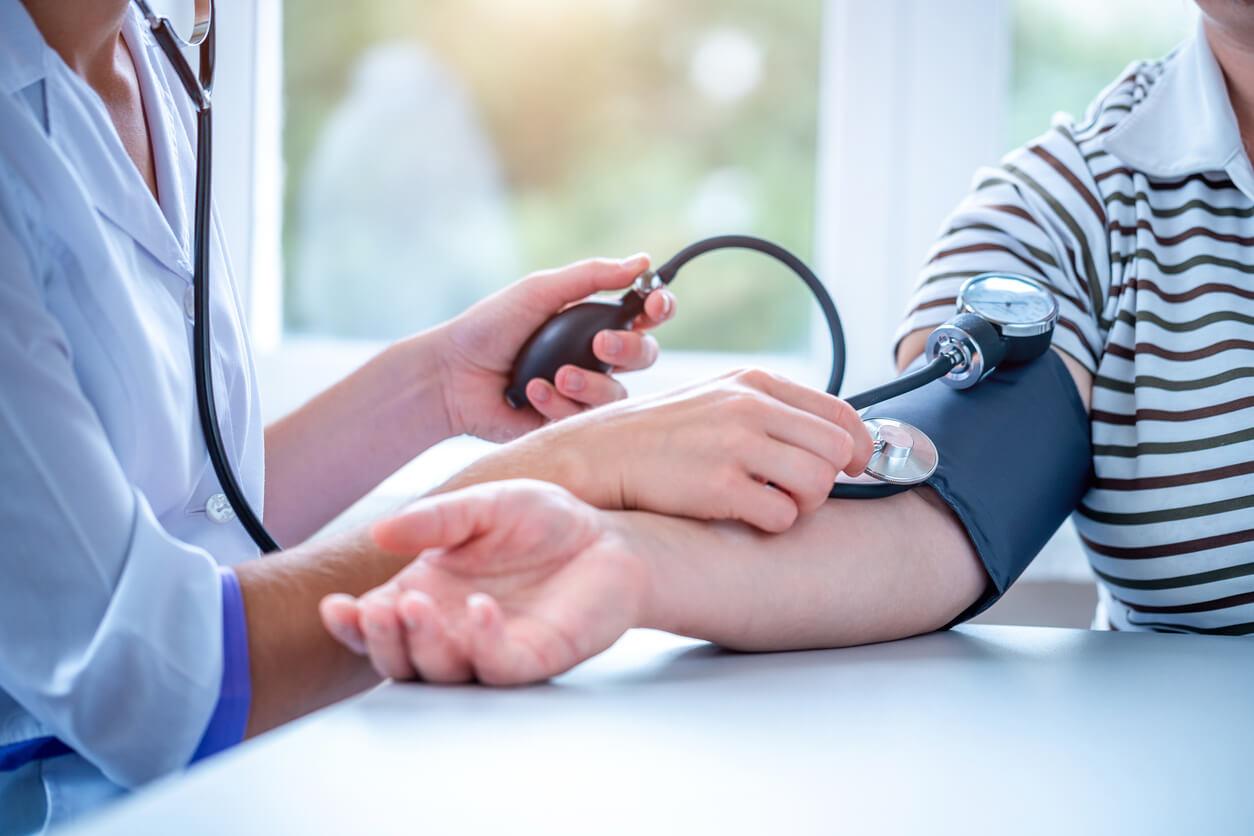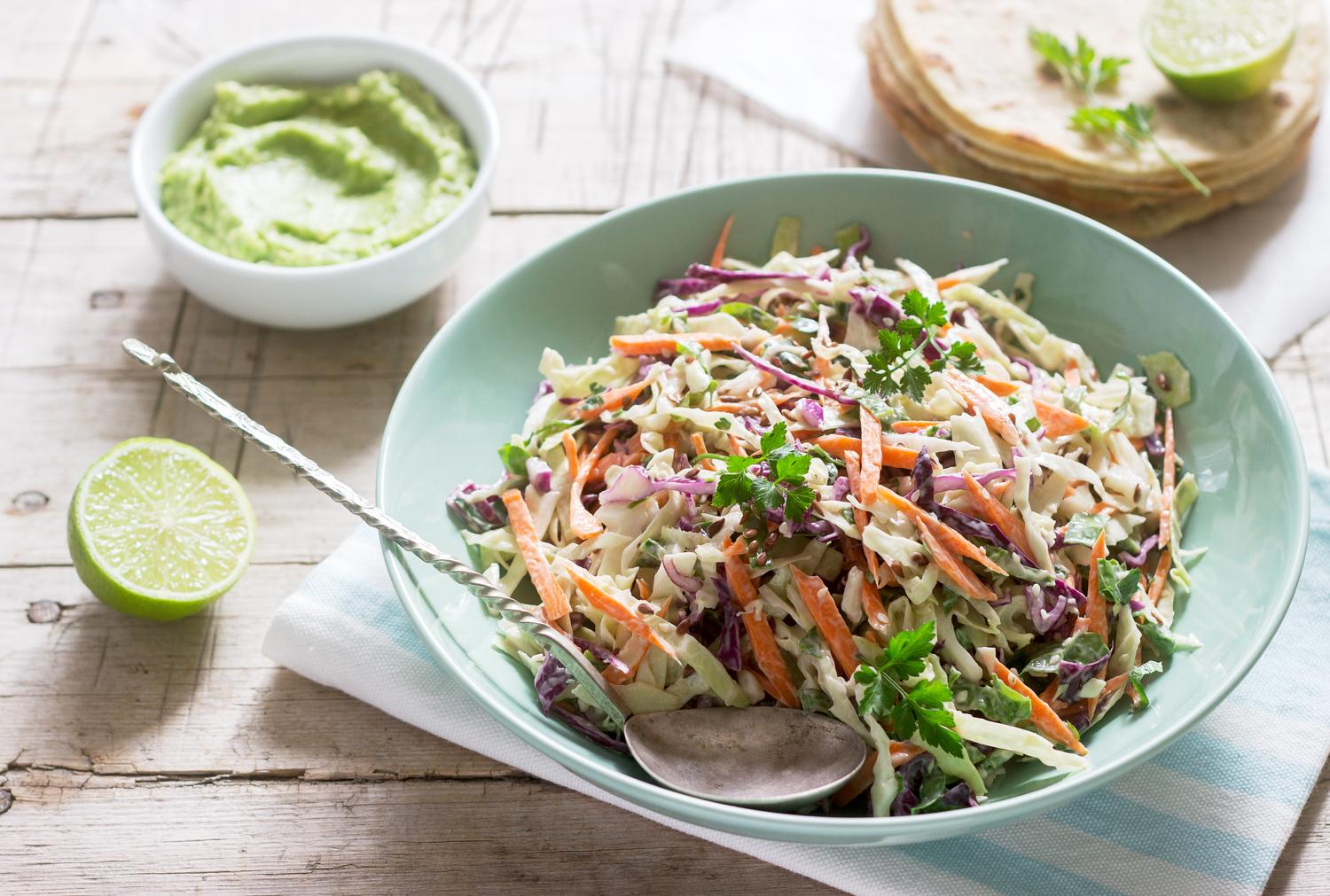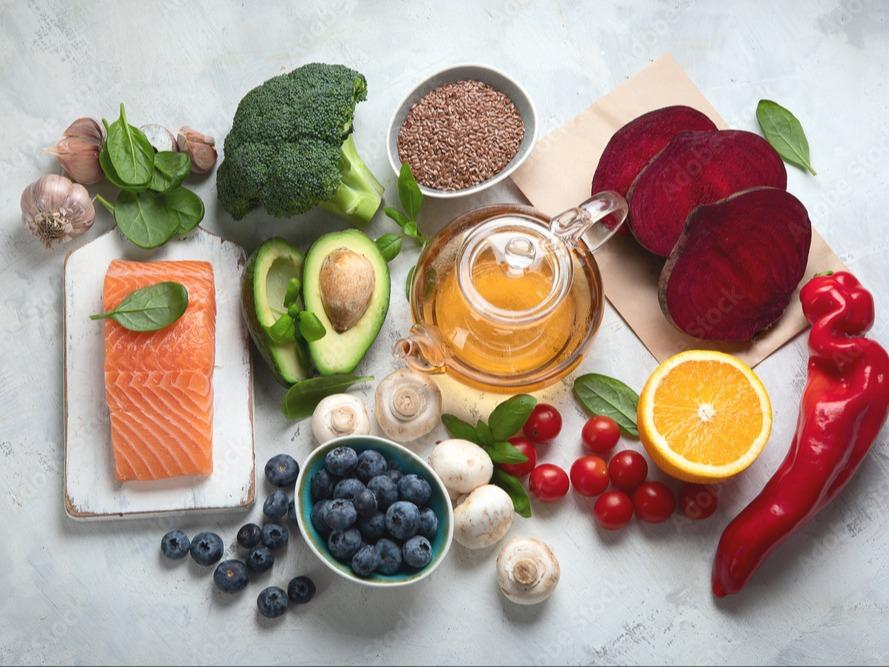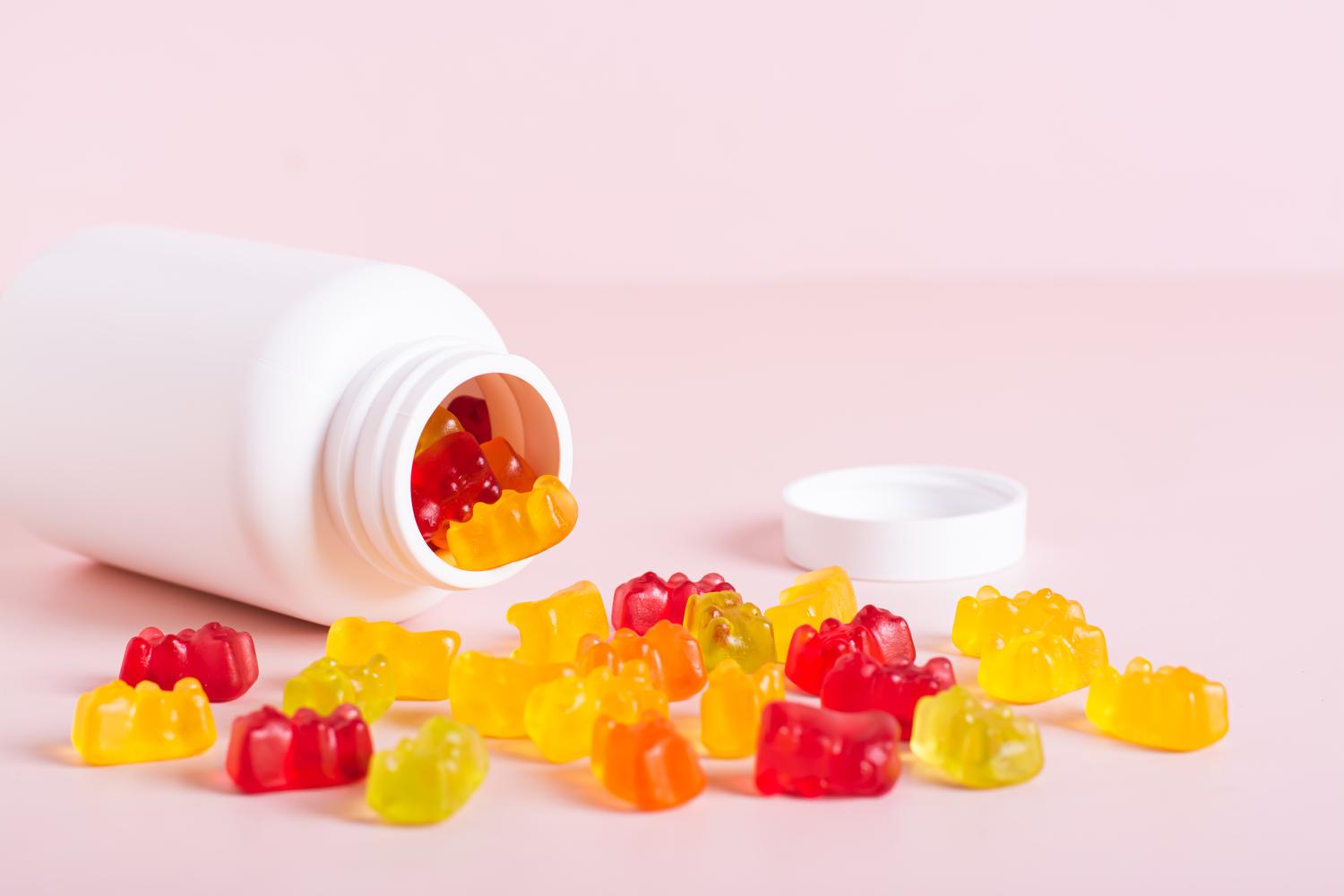9 of the Best Supplements to Help Lower Blood Pressure
Key takeaways
- Potassium, magnesium, omega-3s, CoQ10, garlic, beetroot, and hibiscus tea have been shown to lower blood pressure, while vitamins C and D show mixed but promising results.
- Supplements are not a replacement for lifestyle changes or medical care and should be used only under a provider’s guidance, especially if you’re on blood-pressure medications or have kidney disease.
High blood pressure, or hypertension, is one of the most common health conditions in the United States. According to the Centers for Disease Control and Prevention (CDC), nearly half of U.S. adults have hypertension or are taking medication for it.
High blood pressure occurs when your heart is pushing blood through the arteries with too much force. Left uncontrolled, high blood pressure can put extra strain on your heart, arteries, and kidneys. That strain can also increase the risk of stroke and heart disease. Because of this, maintaining a healthy blood pressure is incredibly important for your overall health.
While antihypertensive medication can play an important role in controlling high blood pressure some people also look into natural supplements to support their treatment. These health supplements aren’t a replacement for medical care.
However, some options may help lower or stabilize your blood pressure when used along with lifestyle changes or prescribed medication. The key is knowing which options are truly effective and using them safely under your healthcare provider’s guidance.
Below, we’ll explore some common supplements that have shown promising research results for supporting healthy blood pressure levels.
9 evidence-based supplements for blood pressure support
The majority of the supplements below have been shown in studies to help lower systolic blood pressure, diastolic blood pressure, or both. Systolic blood pressure (the first number in your blood pressure reading) is a measure of pressure when your heart beats. Diastolic pressure (the second number) is a measure of pressure when your heart’s at rest.
Read on to learn how they can complement a heart-healthy lifestyle when used under your healthcare provider’s guidance.
1. Potassium
Potassium is an essential mineral that can help control blood pressure in several ways. It helps your body balance sodium levels, one of the key drivers of high blood pressure. It also relaxes your blood vessel walls, making it easier for blood to flow through them and reducing pressure on your arteries.
Potassium supplements are a great way to improve your potassium intake. However, you can also get potassium through your diet. Potassium-rich foods include beans, potatoes, bananas, oranges, spinach, and avocados.
Safety note: People with kidney disease should avoid potassium supplements unless their doctor prescribes them. Too much potassium can cause dangerous heart rhythm problems and other side effects.
2. Magnesium
Magnesium is another mineral that can help reduce high blood pressure. Like potassium, it relaxes your blood vessels so that your heart doesn’t have to work as hard to move blood. In fact, research has found that people with low magnesium levels tend to have harder blood vessels (vascular stiffness) and higher blood pressure.
According to a study in the Journal of Hypertension, supplementing with magnesium can lower systolic blood pressure (the upper number in a blood pressure reading) by around 3 to 5.5 mm Hg.
Magnesium supplements are also helpful when dealing with the side effects of lifestyle changes that lower blood pressure, like muscle pain from running.
Safety note: Getting too much magnesium from supplements may cause diarrhea or, in rare cases, low blood pressure or irregular heartbeat.
3. Omega-3 fatty acids (fish oil)
Omega-3s (healthy fats found in fish oil and algae supplements) have been studied for heart health for decades. The American Heart Association reports that omega-3 fatty acids can reduce systolic blood pressure by 2 to 4 mm Hg on average.
Omega-3 supplements are a good way to improve your intake if you don’t eat fish regularly. However, two servings of fatty fish (salmon, mackerel, sardines, etc.) each week can help you get the recommended amount of omega-3 fatty acids as well.
Safety note: High doses of omega-3s can increase your risk of bleeding, particularly if you’re also taking blood thinners.
4. Coenzyme Q10 (CoQ10)
CoQ10 is an antioxidant that supports your vascular health and can significantly reduce your blood pressure levels. Research suggests that CoQ10 can lower systolic blood pressure by about 10 mm Hg.
Supplements are considered to be the best way to improve your CoQ10 levels. While foods like meat, fatty fish, and nuts have small amounts of CoQ10, it’s not typically enough to have a big impact on your blood pressure.
Safety note: CoQ10 can reduce the effectiveness of some blood thinners and chemotherapy drugs, so make sure you check with your doctor first.
5. Garlic
Garlic contains allicin, a compound that helps dilate blood vessels and improve blood flow. A 2019 review found that hypertensive adults who supplemented with garlic extract reduced their systolic blood pressure by an average of about 8 mmHg, and diastolic blood pressure by an average of about 5.5 mmHg.
Safety note: Garlic supplements may increase your risk of bleeding. Let your doctor know if you take garlic supplements so they can check for interactions with prescription medications, like blood thinners.
6. Beetroot
Beetroot is rich in nitrates that convert to nitric oxide in the body, and it improves circulation and relaxes blood vessels. A 2015 study found that when patients with high blood pressure drank 250ml of beetroot juice every day for four weeks, they experienced an average blood pressure decrease of about 8/4 mmHg.
Research also shows that beetroot juice can lower systolic blood pressure within hours, which makes it one of the fastest-acting natural options.
If you’re thinking about supplementing with beetroot, opt for an unsweetened beetroot juice or powdered forms, and make sure they contain nitrates; nitrate-free beetroot supplements will not have the same lowering effect on blood pressure.
Safety note: Beetroot may change how the liver breaks down certain medications.
7. Hibiscus tea
Hibiscus tea isn’t just tart and refreshing. It’s also been clinically shown to lower blood pressure. Hibiscus contains antioxidants that help relax arteries, allowing blood to flow more easily. A study from Tufts University found that drinking three cups of hibiscus tea every day for six weeks reduced systolic blood pressure by about 7 mm Hg in people with mild hypertension.
Safety note: Hibiscus may lower blood pressure too much when combined with certain medications, so make sure you monitor closely and consult your doctor before starting.
8. Vitamin C
Chances are good that you take vitamin C to support your immune system. However, did you know that it’s an antioxidant that helps relax blood vessels? Studies show modest reductions in systolic blood pressure (2 to 4 mm Hg) with higher doses of vitamin C supplementation (500 mg to 2 g daily), although results vary.
Safety note: Very large doses of vitamin C may lead to stomach upset and diarrhea.
9. Vitamin D
Research shows that people with lower vitamin D levels tend to have higher blood pressure. While there isn’t enough evidence to support that vitamin D supplements alone will lower your blood pressure, some studies have found that taking a vitamin D supplement alongside high blood pressure medication can reduce blood pressure more than medication alone.
Maintaining a healthy vitamin D status is also important for heart and bone health. While you can get a prescription from your doctor, your body is also able to produce its own vitamin D through sun exposure – so don’t neglect the benefits of direct sunlight!
Safety note: Large doses of vitamin D may lead to vitamin D toxicity, also called hypervitaminosis D, which can lead to vomiting, increased thirst, and frequent urination.
Are supplements for high blood pressure safe?
You should always speak with your healthcare provider before starting a supplement, especially if you take prescription medications or have chronic health conditions like high blood pressure or kidney disease. Supplements can interact with drugs such as diuretics, ACE inhibitors, or blood thinners and cause harmful side effects.
Examples of risky supplements include licorice root, ginseng, yohimbine, and ephedra:
- Licorice root can raise blood pressure by reducing potassium, which may outweigh any health benefits.
- Ginseng, yohimbine, and ephedra can trigger spikes in heart rate and blood pressure.
It’s also important to buy high-quality supplements. Remember that the FDA doesn’t test natural supplements, so manufacturers can get away with a lot of inaccurate claims. Look for third-party tested products from organizations like USP, NSF, or ConsumerLab to make sure the supplement is safe and potent.
How Sesame can help
While some supplements can have a blood pressure-lowering effect, they won’t replace core strategies like a healthy diet, regular exercise, salt reduction, and prescribed medications. The best way to lower your blood pressure combines medical care with informed, safe self-care.
If you’re exploring supplements or want help managing your blood pressure, open Sesame! A licensed Sesame provider can evaluate your symptoms via video during a same-day high blood pressure apppointment. They can also adjust your treatment plan and prescribe blood pressure medications if needed – all from the comfort of home. Together, you can design a personalized, evidence-based plan to keep your blood pressure under control.

